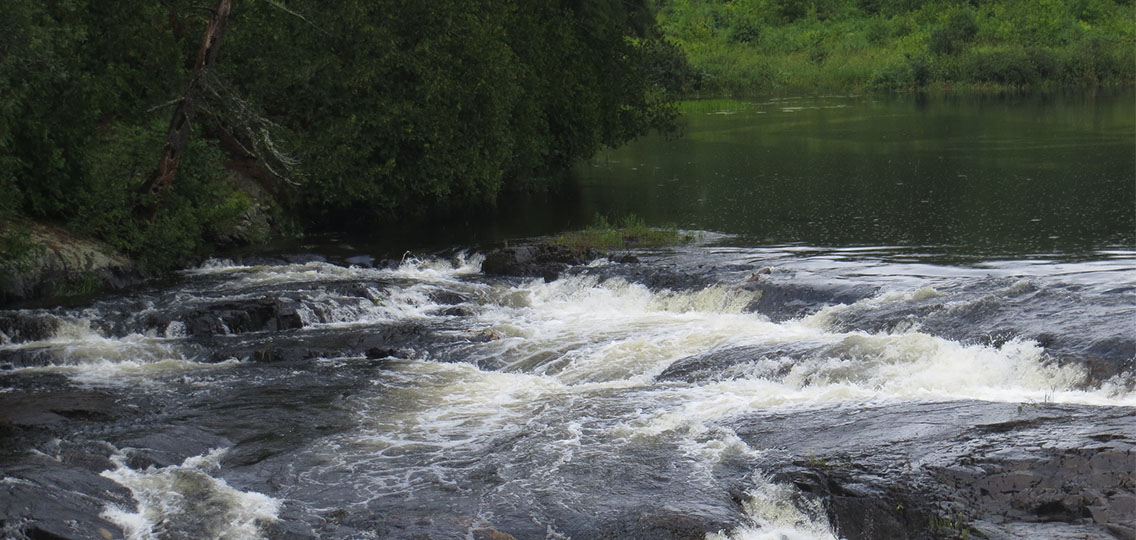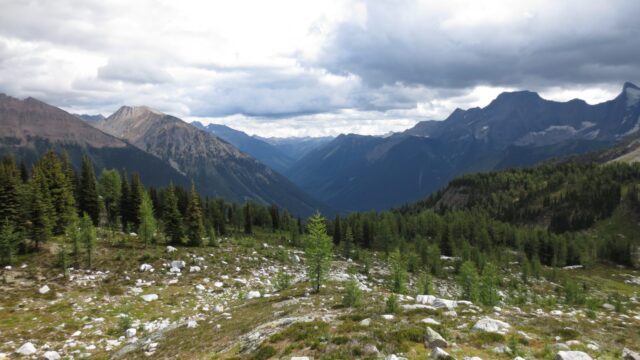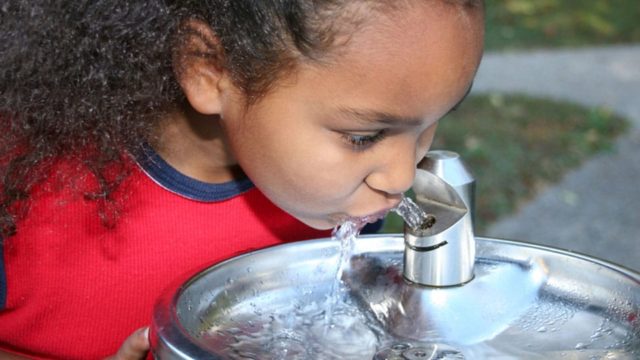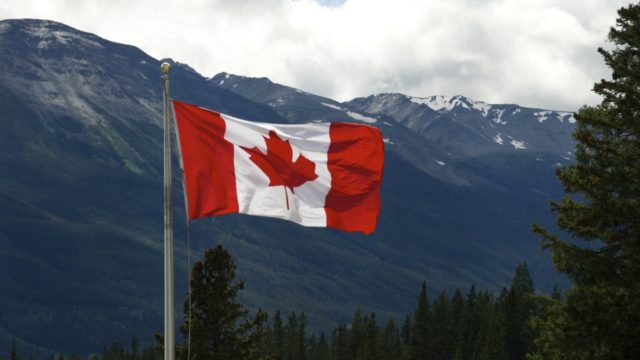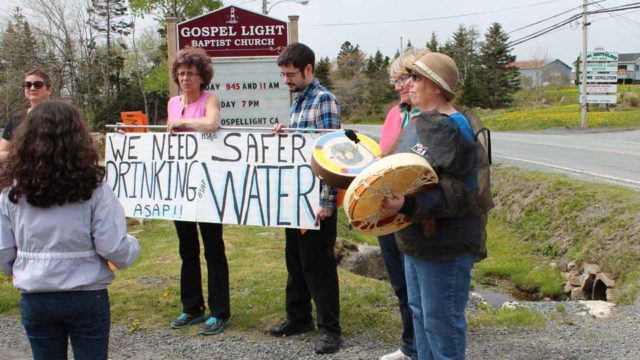By Kaitlyn Mitchell, staff lawyer
New government data shows there are approximately 150 drinking water advisories in First Nations communities in Canada. Seventy one of these are long-term.
It’s difficult to imagine a human right more basic than access to air and water that is safe to breathe and drink. Our very lives and well-being depend on these fundamental rights. Without them we die. When we breathe contaminated air or drink polluted water we can get very sick. In the case of polluted air, it can cause certain kinds of cancer, asthma and other respiratory problems, and hormone disruption. Lack of access to safe water can cause cancer and other illnesses, diarrhea, skin infections, and increased rates of pneumonia, whooping cough, and influenza.
Given that Canada lacks enforceable national drinking water standards, access to clean, safe water is a problem faced by communities across the country but it is disproportionately First Nation communities that are impacted.
New government data shows that there are approximately 150 drinking water advisories in First Nations communities across the country. Seventy-one of these are “long-term”, meaning that they have been in place for over a year. In its 2015 election platform, the incoming Liberal government committed to ending all long-term advisories within five years. Clearly there is much that still needs to be done.
Toward achieving its commitment, the government has proposed to invest $1.8 billion over five years to First Nations for water infrastructure, operations, and management. However, a coalition of organizations including the David Suzuki Foundation and Council of Canadians, released a report last week documenting concerns about slow progress toward the goal of ending long-term drinking water advisories.
At the international level, there is increasing recognition of the fundamental right to water that is safe and acceptable for personal and domestic use. Although Canada has recognized the right to safe drinking water and basic sanitation on the international stage, the Canadian Charter of Rights and Freedoms is silent when it comes to a right to a healthy environment — a right that includes access to safe drinking water. This is a serious gap that puts Canada behind the more than 110 countries around the world that recognize their citizens’ right to a healthy environment.
Nonetheless, First Nations in this country arguably have an enforceable constitutional right to water. For instance, Canada has a duty under section 36 of the Constitution Act, 1982 to provide essential public services of reasonable quality to all Canadians. Access to safe drinking water is surely an essential public service. The failure to provide reasonable drinking water and sanitation infrastructure on First Nations reserves also results in serious risks to physical and psychological health, engaging rights to life, liberty, and security of the person protected under section 7 of the Charter.
As compared to other remote northern communities, which tend to enjoy safe drinking water from provincially-regulated systems, First Nations reserve communities are treated differently. Differential treatment that contributes to the perpetuation of social, political, and legal disadvantage in Canadian society is precisely the type of inequality that our equality rights in the Charter and Canadian Human Rights Act are aimed at remedying and preventing.
In the context of child welfare services, the Canadian Human Rights Tribunal found last year that the federal government discriminates against First Nation children on reserves by failing to provide the same level of services that exist elsewhere in Canada. By this reasoning, the failure to provide the same level of drinking water and sanitation services that exist elsewhere in Canada may be similarly discriminatory.
This past fall, I was in court on behalf of residents of a Nova Scotia community whose drinking water has been impacted by contaminants from a local construction and demolition recycling facility. Before leaving home I realized that my four year old was concerned about what I would drink while I was in court; he thought the water there was contaminated too. There would be clean water in court, I assured him. If it was water at the courthouse or Parliament, or the homes of prominent decision-makers in this country, the problem would surely be addressed more quickly than it is in geographically remote and socially vulnerable communities.
Admittedly the situation is more complicated in some remote reserve communities, but by any standard 71 long-term drinking water advisories is unacceptable. The fact that some communities have been without safe drinking water for decades is shameful. This is an ongoing human rights violation that serves to compound current and historic injustices First Nations face as a result of the legacy of colonialism and systemic racism in Canada.
There is much to celebrate about Canada, and our current international political landscape can and should make us feel proud to have elected officials who generally value science and diversity. Being proud of this country does not prevent us from being appalled by its flaws. The drinking water crisis in First Nations communities is a significant flaw and the fact that it has gone unaddressed for so long is unconscionable.

